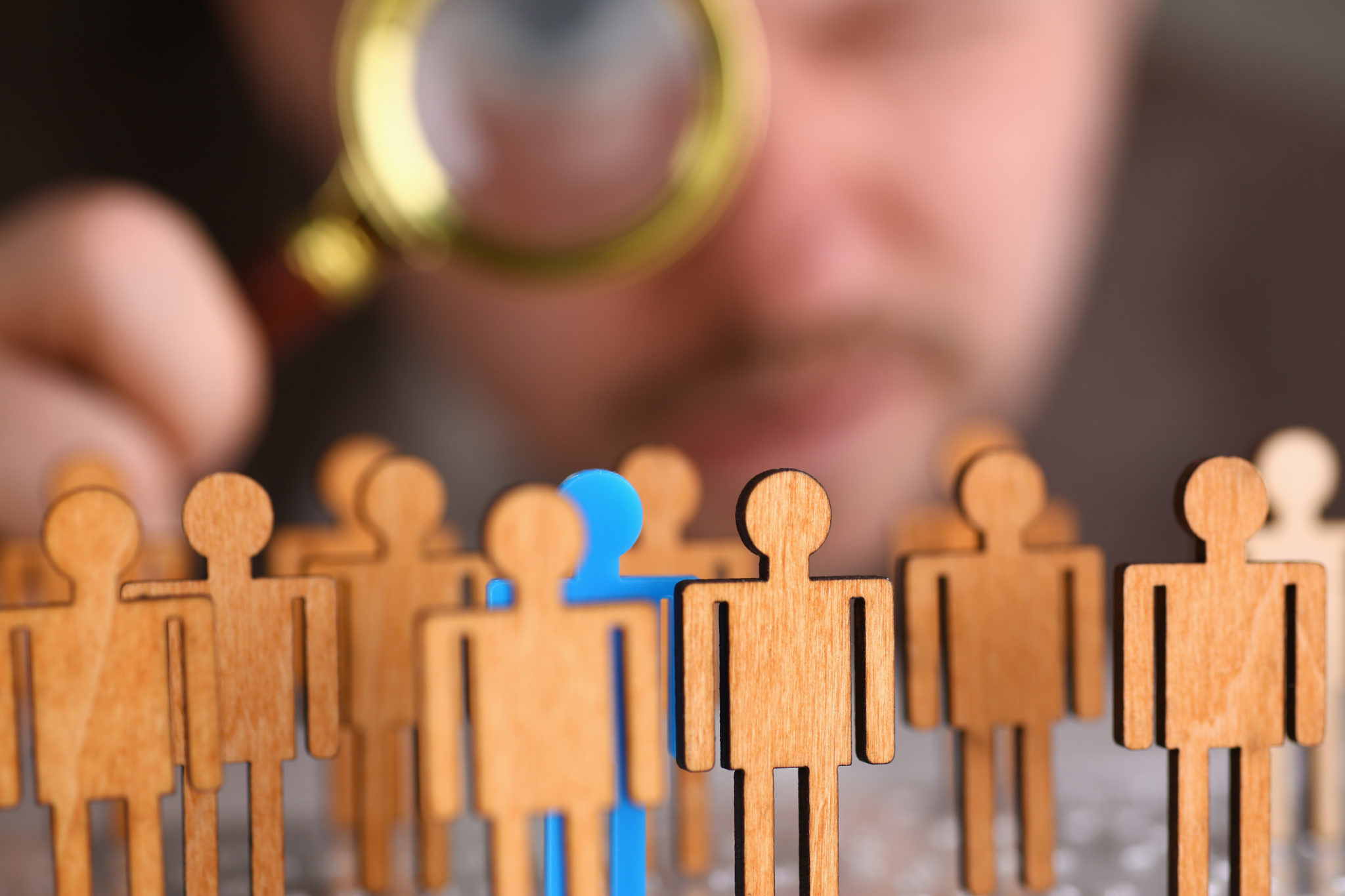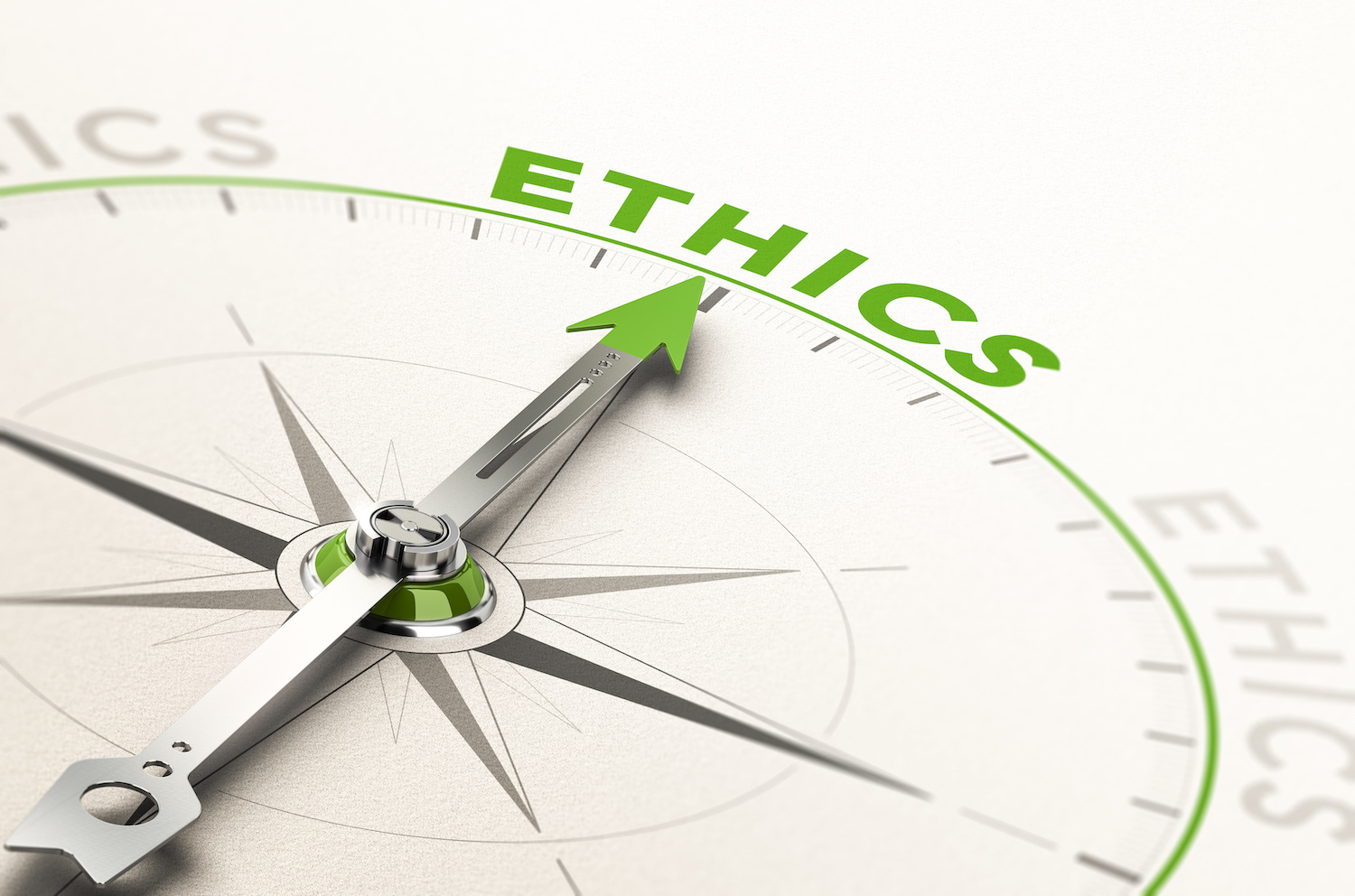Google is already one of the largest tech companies in the world. So. it is noteworthy that it has recently been angling to expand the reach of its influence. Through aggressive acquisitions, Google has been able to enter into the worlds of consumer electronics, artificial intelligence, and home automation. Now, Google is trying to change the world of public health as well.
They are doing this through the use of new and existing technologies. And, by leveraging the massive amounts of data it has at its disposal. Data, by the way, that the company generates daily.
Google has huge amounts of data relevant to public health
Google absolutely dominates the world of search engines. It holds over 92% of the market. Further, it receives an astonishing 70,000+ searches per second. This translates into nearly 6 billion daily searches on average.
Though these numbers are already enormous, Google shows no signs of slowing its growth. In fact, as more and more people across the world gain access to the internet, they turn to the search engine for answers to their most burning questions. Many of these questions relate to their personal and family health.
Google is able to use these trillions of yearly searches to learn what people are searching for in regards to health. And, they are using this information to track and monitor illnesses and ailments around the world.
Monitoring public health by tracking Google search terms
One interesting way that Google is using its ability to monitor public health is through tracking search terms that are generally associated with common sexually transmitted infections like gonorrhea and chlamydia.
In 2015, the Centers for Disease Control gained access to Google’s search term data. The ultimate goal was to anticipate the spread of preventable STDs as well as initiate outreach for treatment. Access to data of this type invaluable to public health advocates because the searches can be tracked city by city. This, therefore, provides highly accurate, location-specific data that can be used to predict the potential spread of STDs before they become a public health crisis.
Google search terms have been used to estimate the effectiveness of flu vaccinations. They have also been used to determine whether or not certain drugs have potential long-term negative effects that patients aren’t reporting to their physicians.
While many of the outcomes from using Google’s search data are generally positive, the ethics of its use have been called into question with many wondering if HIPAA violations are occurring through this spreading of data. Though Google assures that the data it provides is anonymous, it could still be possible to identify individual users through cross-referencing, potentially putting their privacy at risk.
Utilizing Big Data
Big Data is big business across virtually every industry. And, of course, data doesn’t get much bigger than Google.
While many companies face a challenge when trying to implement data analysis into their business models, Google does not face issues of budgetary restrictions, lack of qualified staff, or bad data in the form of outdated information.
Google’s bread and butter revolves around gathering useable data. So when it comes to collecting data pertinent to public health, there really isn’t a company more suited for the job.
In the world of healthcare, big data helps hospitals learn who is at higher risk for readmission and enables hospitals to engage in large-scale community testing to develop drugs more quickly. Additionally, patient-generated data gathered from various devices and sensors give doctors vital insights into their patient’s overall wellness and health in their daily rounds.
Patient-generated data also assists in biomedical research and helps to monitor dehydration risk in cancer patients by tracking heart rate, blood pressure, and weight in patients. The goal here is preventing falls and injuries associated with dehydration, ultimately reducing hospital and emergency department visits.
Powering AI
Google is utilizing its massive data sets in an ingenious way. By using it to power AI that might be able to detect the early signs of lung cancer that oncologists might miss initially. In order for AI to work properly, it needs to have the largest data sets possible that are also readily available to them.
Fortunately, Google is more than capable of providing that data for its AI to function. Early detection is vital in lung cancer cases to increase survivability. This is because early signs are often subtle and hard to detect. Google’s AI can review initial CT scans to potentially find anything that an oncologist might have missed. This technology could possibly lead to an increased survival rate of 40%.
Related content: Public Health Tech: The Future of Health Tech You Never Heard Of
Google is Paving the Way for New Tech
Rapidly developing technology isn’t always the best in a healthcare setting. No one wants their doctor distracted by a device in their pocket while they are supposed to be providing quality care. However, these technological advances are great for the world of healthcare.
Google’s cancer-detecting AI isn’t the only emerging tech being used to improve public health. In fact, Google is helping to open the doors to many technological advancements that may one day revolutionize the field of public health.
Alphabet’s Sidewalk Labs (Alphabet is Google’s parent company) is rolling out a program called Cityblock Health. It’s the goal is to meld technology with new care models to better serve underserved populations.
The idea behind Cityblock Health is to shift the care balance toward prevention and community support. They are doing this by attempting to change multiple aspects of the healthcare system such as insurance offerings to provide interoperability to patient education.
In order to achieve this, the company will use a custom-built platform called Commons. It is an integrated platform for smartphones, tablets, and computers that will be easy to use and access.
There’s more to come
Technological innovations like Cityblock Health and Google’s cancer detection AI are just a taste of how the world of public health is going to change in the coming years.
Some of the other promising ways that tech is angling to change the world of healthcare include,
- improved integration of electronic health records across sites of care
- use of natural language processing to automate hierarchical condition category codes, something that will help physicians determine the hierarchy of their patients’ diseases
Additionally, in the near future, virtual reality and augmented reality (perhaps with the help of Google Glass) will revolutionize surgical simulations, diagnostic imaging, and overall health management.
Related Content: Leveraging AI and Blockchain to Transform Healthcare
Related Content: These 6 Next-Gen AI Tools are Revolutionizing Healthcare
The bottom line
Google isn’t the only tech company with skin in the game when it comes to improving public health. But it is one of the most visible companies making concerted efforts to enter the field.
Google is poised to become a major player in the world of public health through:
- monitoring of public health
- utilization of their collected data
- implementation of new technologies
It will be fascinating to watch how this all plays out.
***
Love our content? Want more information on AI, Data & Analytics, and New Technologies? SIGN UP FOR OUR WEEKLY NEWSLETTER HERE**
***
Noah Rue
Website:
https://hackernoon.com/@nyrue24
Noah Yarnol Rue is a journalist and digital nomad. He is fascinated with global health and modern technology.
His love of writing and research began while attending college in the small Pacific Northwest town he called home. His writing is influenced by his journalistic integrity to share the truth and give the reader the information they crave to know.
Noah’s curiosity created his nomadic lifestyle. He is on the move across the U.S. meeting new people, learning about different cultures and current trends that influence people.
In his free time, Noah enjoys 1930s mystery novels, researching his next travel location and is a huge fan of the Olympics.















Comment will held for moderation